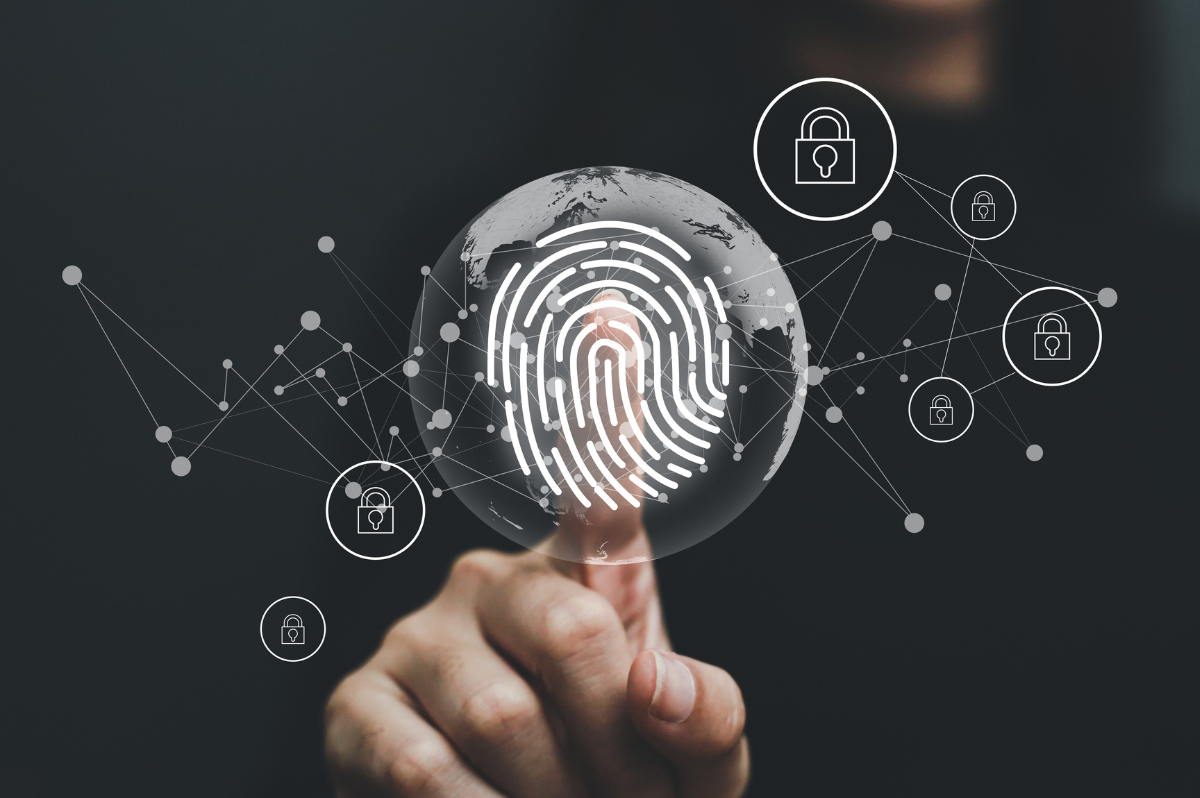The Security Compliance Conundrum: Adapting to the Era of IoT, Hybrid Work & AI

The rise of the Internet of Things (IoT), the adoption of hybrid work models, and the integration of artificial intelligence (AI) have revolutionized the way organizations operate. As we embrace the endless possibilities brought by these technological advancements, we must also confront the complex challenges they present, especially concerning security compliance. In an era where traditional security practices are no longer sufficient, organizations must re-think their approach to security compliance to safeguard their data, infrastructure, and reputation.
Securing the Vast Web of IoT Devices
The Internet of Things has woven an intricate web of devices, from smart thermostats to industrial control systems, connecting previously isolated environments. While this interconnectedness enhances efficiency and convenience, it also introduces a multitude of security vulnerabilities. Each connected device becomes a potential entry point for cybercriminals to infiltrate the entire network, causing devastating consequences for businesses and their customers.
As organizations integrate IoT devices into their operations, security compliance must move beyond a mere checkbox exercise. A dynamic and proactive security strategy becomes imperative. This includes continuous monitoring of IoT devices, ensuring timely updates and patches, and enforcing robust authentication and encryption mechanisms. Moreover, organizations should adopt a comprehensive risk management approach that actively assesses potential threats and their potential impact.
Hybrid Work is Here to Stay
The recent surge in hybrid work models has further accentuated security compliance challenges. Employees now access corporate resources from various locations and devices, blurring the boundaries of the traditional security perimeter. As remote work becomes the norm, the once-familiar security controls must adapt to this new paradigm.
Organizations should prioritize establishing a robust remote access infrastructure, employing multi-factor authentication, and encrypting data both at rest and in transit. Implementing a Zero Trust approach, where access is continuously verified regardless of the user’s location, is crucial in this hybrid work environment. Security awareness training for employees also becomes paramount to instill a security-first mindset, emphasizing their role in safeguarding sensitive data.
The Rise of Artificial Intelligence
Artificial Intelligence, with its transformative capabilities, brings both promise and peril to the security compliance landscape. AI technologies can strengthen defenses by detecting anomalies, predicting threats, and responding in real-time. However, they can also be exploited by malicious actors to launch sophisticated attacks and evade traditional security measures.
Organizations must recognize that AI is not a panacea but a double-edged sword. They must adhere to robust ethical guidelines when deploying AI-powered security solutions, ensuring transparency, fairness, and accountability in their implementation. Additionally, cybersecurity teams must be well-equipped to understand and combat AI-driven threats. Upskilling security personnel to work in tandem with AI technologies is vital to leverage the full potential of these innovations securely.
Furthermore, the convergence of IoT, hybrid work, and AI creates an entirely new breed of security challenges. For instance, IoT devices equipped with AI capabilities can lead to autonomous decisions and actions. While this enhances efficiency, it also means that security decisions may be made without human intervention, raising concerns about unintended consequences and potential security risks.
Where Do We Go From Here?
Organizations must embrace a holistic approach to security compliance that spans the entire lifecycle of these interconnected technologies. This includes conducting thorough security assessments during the procurement and deployment phases, monitoring their operations continuously, and employing incident response plans tailored explicitly for this unique combination of IoT, hybrid work, and AI.
To navigate these complex waters, collaboration is key. Industry-wide efforts to share threat intelligence and best practices can strengthen security compliance across the board. Government agencies, academia, and private enterprises must work together to develop comprehensive standards and regulations that keep pace with technological advancements while promoting innovation responsibly.
As IoT, hybrid work, and AI continue to reshape the modern business landscape, organizations must re-think their approach to security compliance. A proactive and adaptive security strategy, emphasizing continuous monitoring, risk management, and employee awareness, is crucial in mitigating the emerging risks. Additionally, organizations must embrace ethical AI practices and collaborative efforts to strengthen security compliance across industries. Only by taking a unified and forward-looking approach can organizations protect their assets and stay one step ahead of the ever-evolving threat landscape in this brave new world of technology.
Try Portnox Cloud for Free Today
Gain access to all of Portnox's powerful zero trust access control free capabilities for 30 days!






